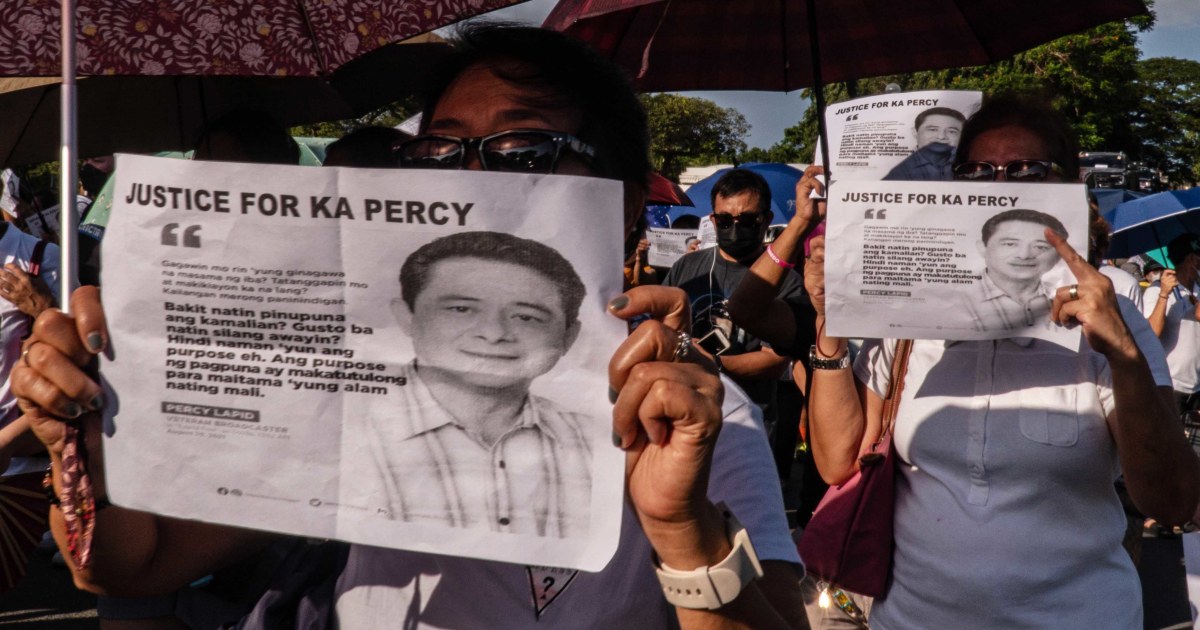Mabasa was shot to death for his critical exposes against the prison chief, and Villamor was killed by gang leaders in prison as a cover-up after he was publicly identified by the gunman as the inmate who arranged the killing behind bars, they said.
Bantag has denied any involvement in the killings. He and Zulueta have also been charged for the killing of Villamor. No warrants have been issued yet for their arrests, officials said.
The investigation of the killings bared “the unfortunate transformation of a pillar of justice — the correction pillar — into a deep, large-scale and systematic criminal organization,” officials said in their statement.
“This will be the cause of many reforms in government and the strengthening of current mechanisms to ensure that nothing of this nature will happen again,” they said.
Aside from Bantag, Lapid had also strongly criticized former President Rodrigo Duterte, who oversaw a deadly crackdown on illegal drugs. Duterte ended his turbulent six-year term in June.
Media watchdogs have condemned Mabasa’s killing, saying the attack underscores how deadly the Philippines remains for journalists.
Nearly 200 journalists have been killed in the country since 1986, when dictator Ferdinand Marcos was overthrown, according to the journalists’ union. The group led a protest Tuesday night and called on the government to do more to stop the killings.
In 2009, members of a powerful political clan and their associates killed 58 people, including 32 media workers, in an execution-style attack in southern Maguindanao province that horrified the world.
The mass killing, linked to a political rivalry, demonstrated the dangers journalists face in the Philippines, which has many unlicensed guns, private armies controlled by powerful clans and weak law enforcement, especially in rural regions.










